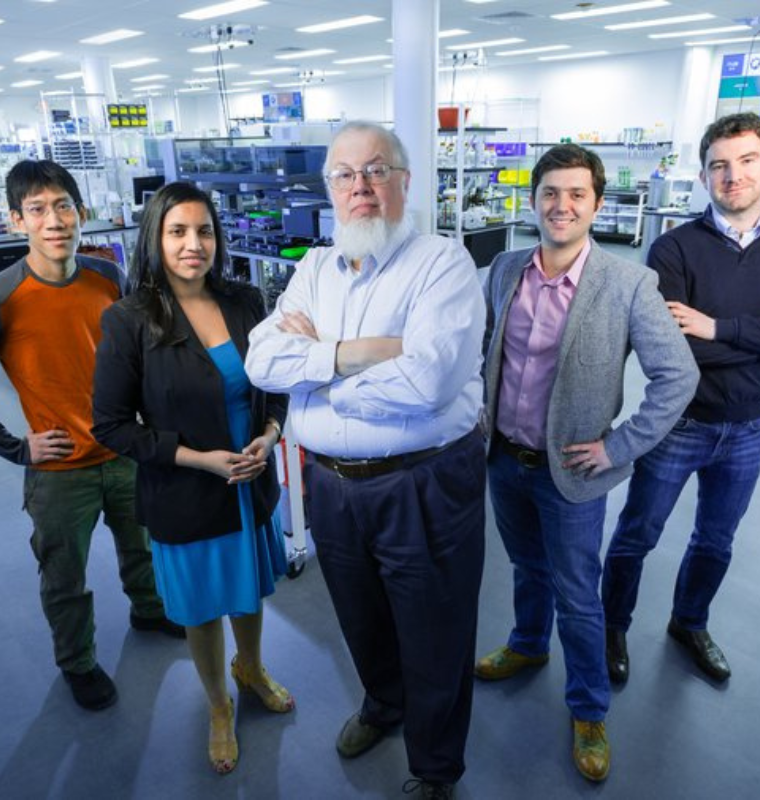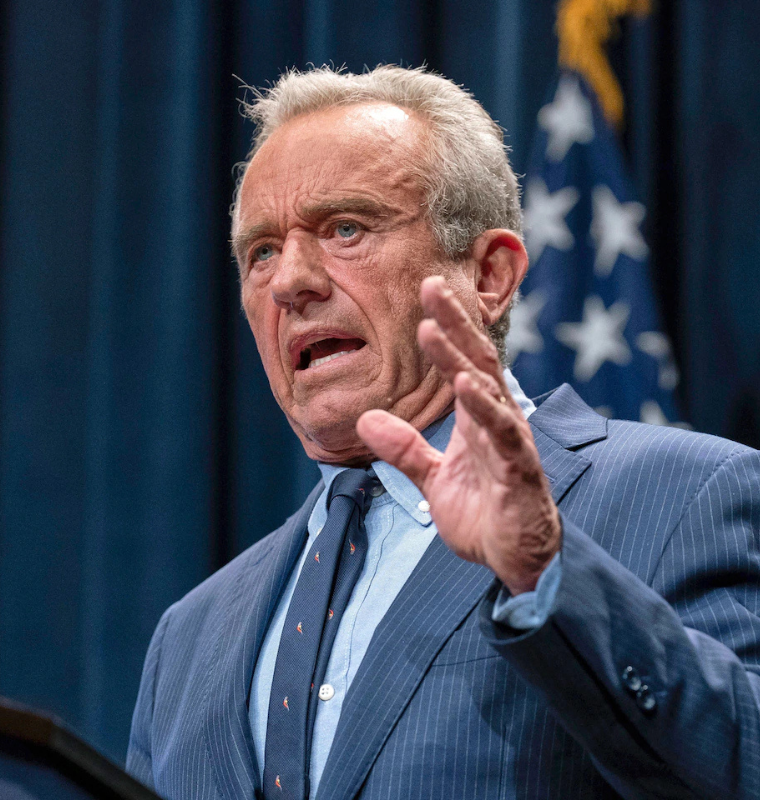U.S. and China Reignite Diplomatic Dialogue Amid Lingering Trade Tensions
U.S. and China Reignite Diplomatic Dialogue Amid Lingering Trade Tensions
By
Rachel Steinberg
Last updated:
May 23, 2025
First Published:
August 3, 2025

Photo: Politico
Diplomatic Channels Reopen as Trade Tensions Persist
In a development signaling a thaw in U.S.-China relations, senior officials from both countries held their first diplomatic phone call since the pivotal Geneva meeting earlier this month. Chinese Vice Foreign Minister Ma Zhaoxu and U.S. Deputy Secretary of State Christopher Landau engaged in a wide-ranging conversation that, while short on specifics, reaffirmed both nations’ commitment to keeping lines of communication open.
This call—only the second official diplomatic engagement during President Donald Trump’s second term—comes at a time of escalating uncertainty in global markets. It followed Chinese Foreign Minister Wang Yi’s January call with U.S. Secretary of State Marco Rubio and was widely seen by analysts as a continuation of progress achieved in Geneva.
What Was Discussed? A Diplomatic Step, Not a Breakthrough
According to official statements released Friday by both governments, Ma and Landau “exchanged views on a wide range of key issues.” Notably absent was any confirmation that tariffs—arguably the most contentious element in U.S.-China relations—were part of the discussion. Despite that, Dan Wang of the Eurasia Group highlighted that the call served as a “positive sign” that Beijing has clarity on the U.S. point of contact, reinforcing that the Geneva-established communication channel is operational.
Earlier this month in Geneva, both sides surprised observers with a rare joint statement pledging to temporarily lower most tariffs while working toward a more comprehensive trade agreement. This marked the first such gesture since a November 2023 accord focused on climate cooperation.
Strategic Decoupling Still Looms
Despite the latest diplomatic overtures, the broader trend toward decoupling continues. A recent survey by the American Chamber of Commerce in China found that over 40% of U.S. firms are actively diversifying supply chains away from China. Similarly, Chinese manufacturers are expanding operations into Southeast Asia and Latin America, according to trade economists tracking export patterns.
Nomura analysts underscored the fragility of this détente in a note Friday, warning that “strategic decoupling remains inevitable.” They anticipate the Trump administration will escalate its use of sector-specific tariffs and non-tariff barriers to restrict China’s access to high-tech U.S. products, particularly in artificial intelligence and semiconductor sectors.
In retaliation, China could strengthen export controls on rare earth minerals critical to U.S. manufacturing and defense.
Fentanyl, AI Chips, and Tensions in Tech
The phone call also hinted at upcoming discussions on combating fentanyl trafficking, a top priority for President Trump. Fentanyl and its precursors, many of which originate in China, have become central to broader security and health concerns in the U.S.
Meanwhile, technological tensions remain unresolved. The Biden administration recently warned U.S. companies against using Chinese-made AI chips, including those produced by Huawei Technologies. Beijing responded with fierce opposition, calling the move “unilateral bullying,” and vowed countermeasures to protect its interests.
Corporate Diplomacy and Market Access
Amid this complex diplomatic landscape, financial and business leaders are playing a role in stabilizing ties. Chinese Vice Premier He Lifeng met with JPMorgan Chase CEO Jamie Dimon on Thursday, where He stated that trade negotiations had “made substantial progress.” Beijing continues to stress its intention to open markets further to American businesses.
According to Yuyuantantian, a social media account linked to Chinese state broadcaster CCTV, Dimon reportedly told officials that the U.S. is not pursuing full economic decoupling from China.
Adding weight to the diplomatic momentum, Ma Zhaoxu also met earlier this week with newly appointed U.S. Ambassador to China, David Perdue. Perdue, in a post on X (formerly Twitter), said he shared President Trump’s trade priorities with Chinese officials and emphasized his commitment to “achieving concrete outcomes for the American people.”
Dialogue Reopened, but Trust Still Fragile
While Thursday’s call doesn’t signal a decisive breakthrough, it marks a notable step in sustaining high-level dialogue between the world’s two largest economies. With mounting geopolitical tensions, a volatile tech race, and ongoing trade disputes, keeping communication open may be the only certainty in U.S.-China relations for now.
The coming months will likely determine whether these diplomatic moves lay the groundwork for real progress—or simply delay the next round of economic skirmishes.
Popular articles
Subscribe to unlock premium content
Gourmet Gold: Micro-Venture Funds and Europe’s Artisan Food Revolution

Artificial Elegance in Fashion

Ferrari’s Craft of Desire

Gourmet Gold: Micro-Venture Funds and Europe’s Artisan Food Revolution

Artificial Elegance in Fashion

Gourmet Gold: Micro-Venture Funds and Europe’s Artisan Food Revolution









